Ginger has been used for its health benefits for over 5000 years and is a favorite medicinal as well as culinary herb.  Unlike most spices, the part that has the most medicinal value grows under ground. Often mistakenly called “ginger root” this is actually the rhizome of the plant which is more of a subterranean stem than a root. Although you can use dried ginger and powdered ginger for health benefits, fresh ginger is preferred.  | ||
The intake of ginger helps stimulate the secretion of mucus, quieting your cough
and soothing any scratchiness in your throat.

Ginger has been proven (in multiple studies) to treat feelings of nausea,
particularly in the form of seasickness, morning sickness, motion sickness
and as a side effect of chemotherapy.
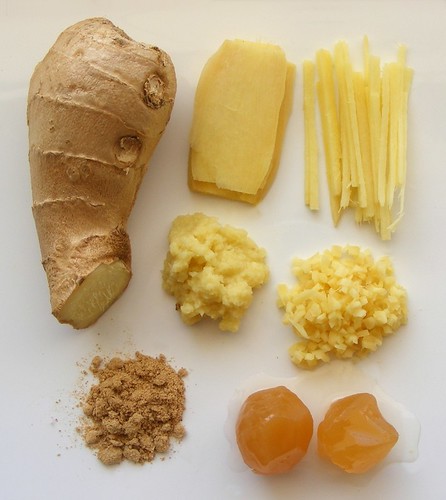
In pregnancy is to be extra careful!! Never use any herb, including ginger,
without first discussing it with your doctor!! As for those suffering from ulcer,
or other very serious gastric problems, they should also consult their doctor.


Ginger contains anti viral, anti toxic, and anti fungal properties,
and is used for the prevention of and treatment against the common cold.
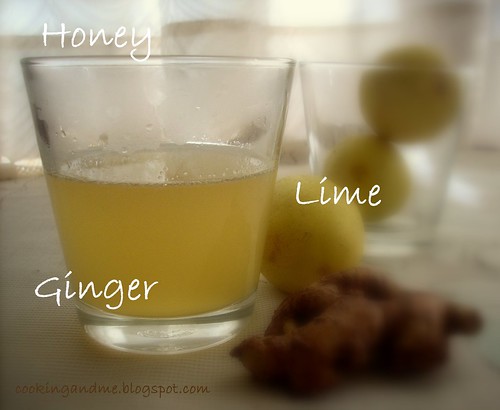
Ginger acts as an antihistamine and
aids in the treatment of allergies.
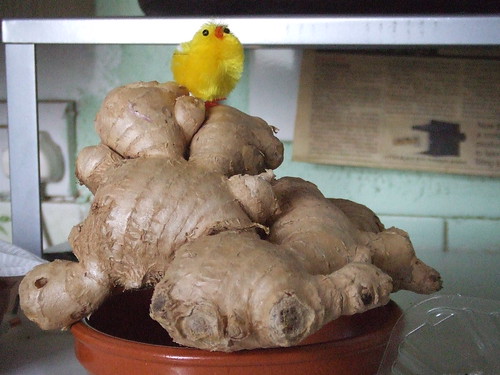
Ginger displays anti inflammatory properties and can be used to treat
rheumatoid arthritis, osteoarthritis, and various other muscular disorders.

The chemical components of the root are instrumental in inhibiting the biosynthesis of prostaglandins which are responsible for causing inflammation.

Thus the root has proven to be a highly effective form of treatment,
in some cases, even more so than the NSAID's that are traditionally prescribed.
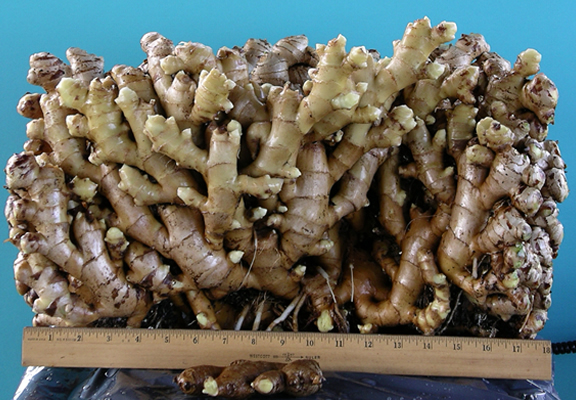
So eating ginger may help to prevent
cancer and aging disorders.


Ginger contains special enzymes responsible for catalyzing the proteins
in your food, thus aiding in digestion and the prevention of cramps.

Good for those with constipation!

The ancient Greeks used to eat ginger after a large meal,
in order to ease the digestion process.
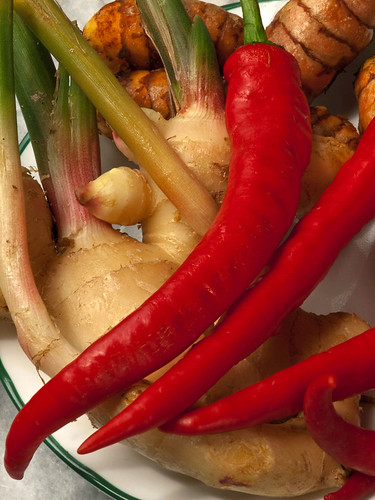
Ginger has proven to help lower your cholesterol
levels and prevent the formation of blood clots.
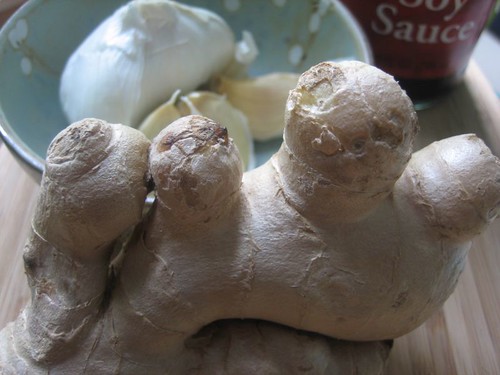
As a mood enhancer, ginger's cineole content
may help contribute to stress relief.

Also used for migraine headache.
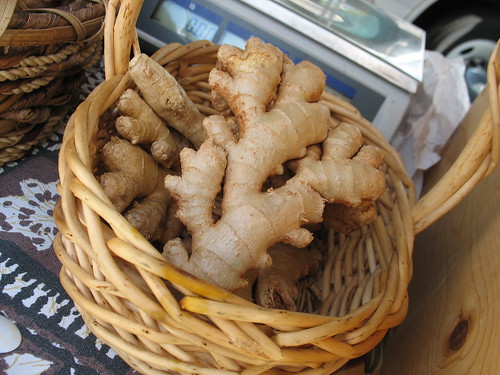
Ginger can also be used for reducing toothache and the discomfort which

Ginger can also be used for reducing toothache and the discomfort which
arises due to the infection in the upper respiratory tract due to its antibacterial and antifungal nature.
Chewing on fresh ginger,,
can help freshen the breath.
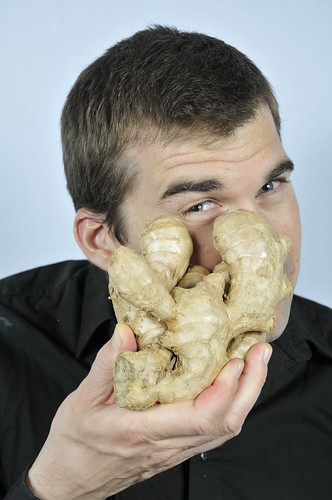

Chewing on fresh ginger,,
can help freshen the breath.

Being a warming herb, ginger can help knock out a fever.
This property also makes it effective in stimulating circulation of the blood.
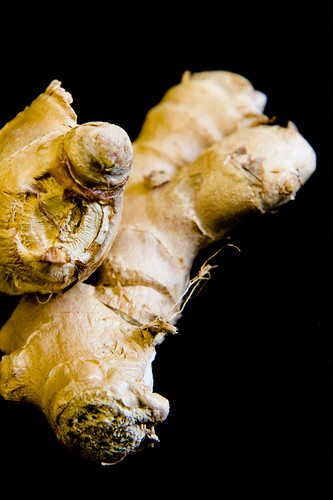
It can also help relax muscles around the blood vessels
and is said to help prevent blood clots from forming.
The warming effects make it a natural decongestant as well as an antihistamine,
making it the perfect remedy for colds.
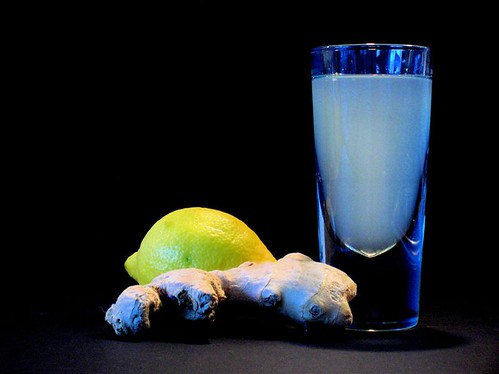
Some studies show that it can even help inhibit
the replication of the herpes simplex virus.

Recent studies show that ginger might also have a role in lowering LDL
cholesterol because the spice can help reduce the amount of cholesterol
that is absorbed.

It has also been shown in animal trials to help slow
or even prevent cancerous tumor growth.

To discover the health benefits of ginger for yourself, simply make a tea by
steeping about 5 slices of ginger in hot water.

If you prefer it in your food,

Ginger is excellent in many dishes and
is perfect when combined with garlic.
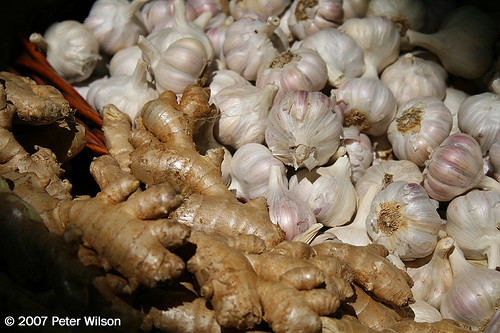
Ginger doesn't only spice up your food it can also help to put some extra spice
in your intimate life too. It improves blood flow to your sexual organs,
and contains Vitamin C, zinc and magnesium.







No comments:
Post a Comment